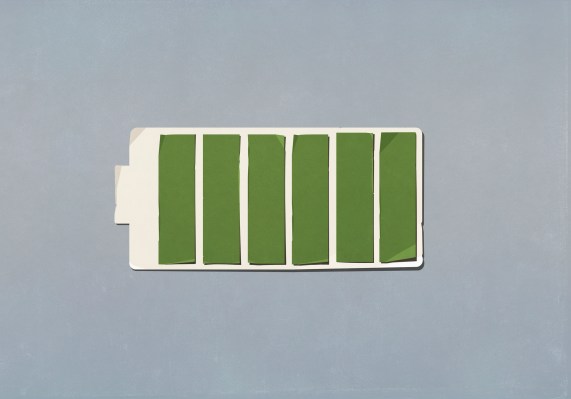

People in many parts of the world are trying to lower their impact on the climate. From companies to countries, a lot of groups have goals to reduce their environmental impact. With innovation in areas like electric vehicles, wastewater treatment and battery recycling, among many others, those goals seem easier to attain than ever before.
But could it really be that easy?
While much of this progress sets countries and organizations up for a cleaner future in the long run, the actual transition to cleaner tech isn’t very, well, clean. Many of these cleaner options require batteries, which are composed of rare metals that have to be mined and smelted in carbon-heavy processes. There also isn’t a great solution yet to recycle said batteries en masse.
Many startups have piled into clean tech in recent years, and while they’re doing the good work of bringing new technologies and cleaner processes to the table, few are fixing the clean tech industry’s carbon-heavy supply chain issues. But Nth Cycle is trying to help.
Nth Cycle has built technology that lets its customers refine and recycle rare metals on-site. This cuts out the cost and environmental impact of shipping these metals overseas to be refined or recycled, especially since about 85% of rare metal processing currently happens in China, according to the U.S. Department of Commerce. Nth Cycle also doesn’t use carbon-heavy smelting to process the materials.
The company’s co-founder and CEO, Megan O’Connor, feels speeding up this process and making it cheaper is critical for the transition to clean energy. With the current overseas supply chain, there is no way countries like the U.S. will hit their climate goals in time. The rare metals needed to do so are ample enough, but they aren’t going to be put into use quickly enough. Nth Cycle hopes its ability to cut out a very timely part of the supply chain will help.
Source link




